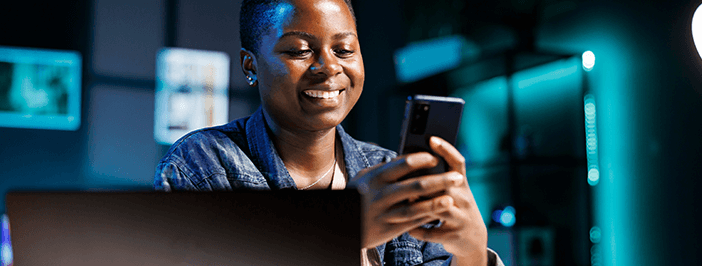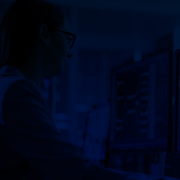How Business Security Tactics Protect Your Personal Life
Every day, people face the same threats that companies do: phishing scams, password breaches, ransomware attacks, and data theft. The difference? Most individuals don’t have the same security measures in place that businesses rely on.
Think about it: If a corporation loses its data, it has backups and disaster recovery plans. If your personal device gets hit with ransomware, do you have a backup of your critical files? If a company account is compromised, multi-factor authentication (MFA) can stop the breach. But how secure is your email or banking login? Do you have MFA on your personal accounts?
Businesses invest heavily in cybersecurity because they know the risks. The good news? The same security strategies used by businesses can protect your personal data, finances, and privacy.
Business-Level Security Practices You Should Use at Home
Companies don’t take security lightly. Neither should you. Here are key personal cybersecurity tips that come straight from business security strategies:
1. Use Multi-Factor Authentication (MFA)
Companies use MFA to add an extra layer of security to logins. You should too. Enabling MFA on your email, banking apps, and cloud storage accounts ensures that even if your password gets stolen, hackers can’t access your data without the second authentication factor.
2. Get a Password Manager
Businesses use password management tools to store complex passwords securely. Instead of reusing weak passwords or, worse, the same passwords across multiple accounts, invest in a password manager. It generates strong, unique passwords and keeps them encrypted so they’re available only when needed.
3. Train Yourself to Spot Phishing Attacks
Companies train employees to detect phishing emails because phishing is responsible for over 90% of cyberattacks. At home, you should apply the same vigilance. Always verify suspicious emails, avoid clicking on unknown links, and never enter login credentials on unfamiliar sites.
4. Keep Software and Devices Updated
Businesses patch vulnerabilities regularly, but individuals often ignore software updates. Outdated devices and apps are easy targets for hackers. Turn on automatic updates for your operating system, browsers, and security software to stay protected.
5. Use a VPN for Secure Browsing
Businesses use Virtual Private Networks (VPNs) to encrypt internet traffic and protect sensitive data from cybercriminals. Using a VPN at home can secure your online activity, also enable it especially when connected to public Wi-Fi networks at cafes, airports, or hotels.
Why Data Backups Aren’t Just for Businesses
Data loss isn’t just a business problem—it’s a personal disaster. Imagine losing years of family photos, important documents, or financial records to a ransomware attack or another data loss incident.
1. Ransomware Attacks Are Increasing
Hackers don’t just target businesses with ransomware. Individuals are also at risk. Ransomware mission is to encrypt your files and demand payment for their release, and without a backup, you may have no way to recover your data without paying, and that’s only if they are honest criminals.
2. How to Back Up Your Files Like a Business
Companies follow the 3-2-1 backup strategy:
- 3 copies of your data (one primary and two backups).
- 2 different storage media (e.g., external hard drive and cloud storage).
- 1 offsite backup (in case of disasters like fire or theft).
Use a mix of cloud backups and external drives to ensure you don’t lose valuable personal data and always have it around.
Treat Your Personal Data Like a Business Asset
Your personal information is just as valuable as business data—and just as vulnerable. By adopting the same security tactics that businesses use, you can create a solid defense against cyberthreats. Just as companies invest in security to protect their operations, you should take proactive steps to safeguard your personal data from identity theft, fraud, and breaches.
At GB Tech, we specialize in protecting businesses from cyberthreats, but the same principles we apply to organizations you can leverage to make smarter security decisions for your personal data. Cyberthreats don’t stop at the office door—taking a business-minded approach to personal security ensures that what matters most stays protected.























